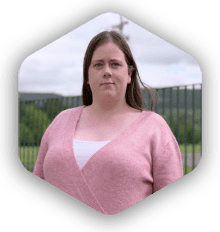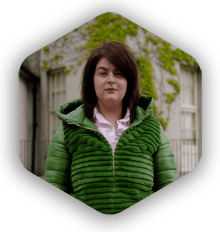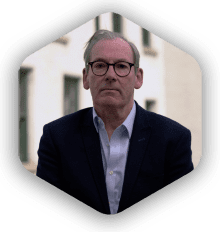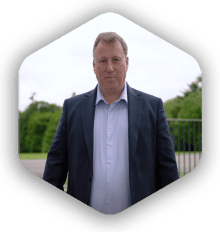How science is transforming the lives of HIV patients
HIV (human immunodeficiency virus) is a major public health threat. The virus can lead to AIDS (acquired immune deficiency syndrome). Some 38 million people are living with HIV/AIDS globally. About 680,000 people die from the disease every year. Africa is the most severely hit region, with almost one in every 25 adults living with the disease. Affected people there account for more than two-thirds of global HIV cases. The most recent figures for Ireland show 523 cases in one year. Since the early 1980s, there have been over 9,300 diagnoses in Ireland. Over the past 40 years, advances in medicines, especially in antiretroviral treatments, have allowed many people living with the disease to suppress it to undetectable levels and avoid transmission. While new and more effective treatments emerge, work is under way to find a cure for the disease. There is no vaccine for HIV. Since 1985, MSD has been engaged in research and development for the prevention and treatment of HIV. Over the years, breakthroughs by the company’s scientists have changed the way HIV is treated. Better HIV/AIDS treatments, and the evolution of social equality in Ireland, are combining to improve the health prospects and the experience of people living with the disease.
Who’s In Our Film?

Aisling

Anita

Shay

